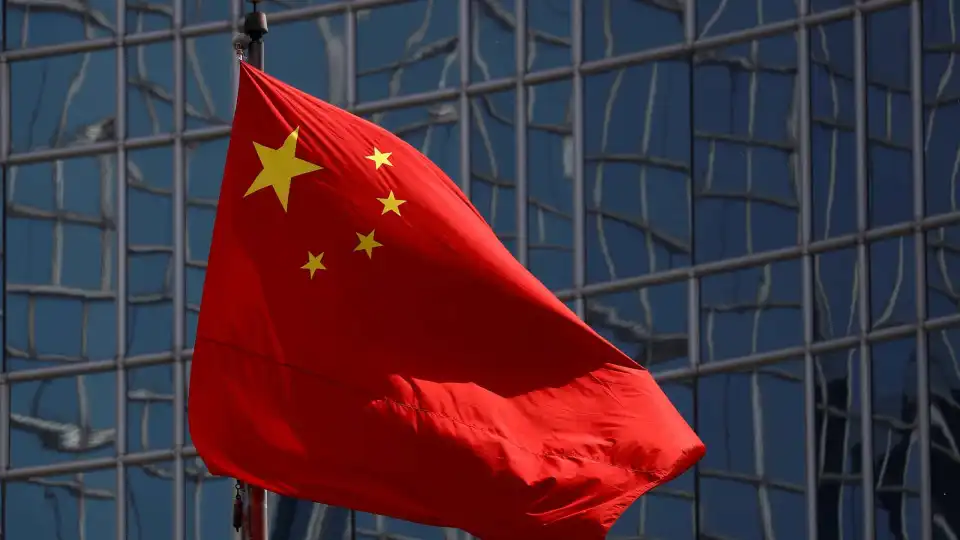Chinese Communist Party Journal Rebuts Claims of Industrial Overcapacity
China’s Communist Party on Thursday rejected U.S. allegations that it is exporting its excess industrial capacity, accusing Washington of trying to contain the country’s rise.

© Reuters

Mundo China
In an article carried by the People’s Daily, the official newspaper of the Chinese Communist Party, Jin Ruiting, a researcher at the National Development and Reform Commission, China’s top economic planning body, denied that there was a problem of excess production capacity.
Jin argued that the capacity utilization rate of China’s new energy industry was higher than that of other countries, and that globally, production capacity fell far short of market demand.
The article was published a day after finance chiefs from the Group of Seven (G7) nations expressed concern about China’s “non-market policies and practices” that were harming “our workers, our industries and our economic resilience.”
The officials said they would continue to monitor the potential negative impacts of excess capacity and consider taking action to ensure a level playing field, in line with World Trade Organization principles.
At issue is China’s dominance in electric vehicles, solar panels and other new energy sectors. The Asian country accounts for 80% of global battery production and in 2023 attracted three-quarters of investment in clean energy technologies, according to the International Energy Agency.
Since the automotive sector, which is particularly sensitive for Europe, was included in the Communist Party’s five-year plans about a decade ago, hundreds of electric vehicle brands have been created in the country.
The European Union is investigating subsidies given by the state to Chinese makers of electric cars and wind turbines.
The accusations of “overcapacity” in Chinese industries are a “habitual tactic” by the United States to “suppress the industries of other countries,” Jin said, arguing that Washington was motivated by “hegemonic thinking.”
“China has provided high-quality and affordable green products for countries around the world and has made great contributions to the global green and low-carbon transformation,” he said.
Jin also argued that China’s new energy industry had achieved its position through rapid and continuous technological innovation in a competitive market.
“China’s new energy industry has obtained its advantages through real capabilities,” he said, adding that Chinese production covered a range of categories and the entire industrial chain.
US Treasury Secretary Janet Yellen, who attended the G7 meeting in Italy, raised the issue of excess capacity with Chinese officials during a trip to China earlier this month.
The administration of US President Joe Biden has also announced it will impose punitive tariffs on more than a dozen Chinese products, including electric vehicles.
China has said that the excess capacity argument made by US politicians is “obviously politically motivated” and intended to “smear and suppress the Chinese economy.”
Last week, Chinese foreign ministry spokesman Wang Wenbin was asked about the G7’s focus on excess capacity, saying that the discussions were “diametrically opposed to the facts and the laws of economics and are pure protectionism.”
Wang said that “overcapacity” was just a pretext for the US to try to coerce G7 members into “setting up fences and restrictions on China’s new energy products.”
Read Also: China quer problemas do Médio Oriente resolvidos em "países da região" (Portuguese version)


Descarregue a nossa App gratuita.
Oitavo ano consecutivo Escolha do Consumidor para Imprensa Online e eleito o produto do ano 2024.
* Estudo da e Netsonda, nov. e dez. 2023 produtodoano- pt.com



